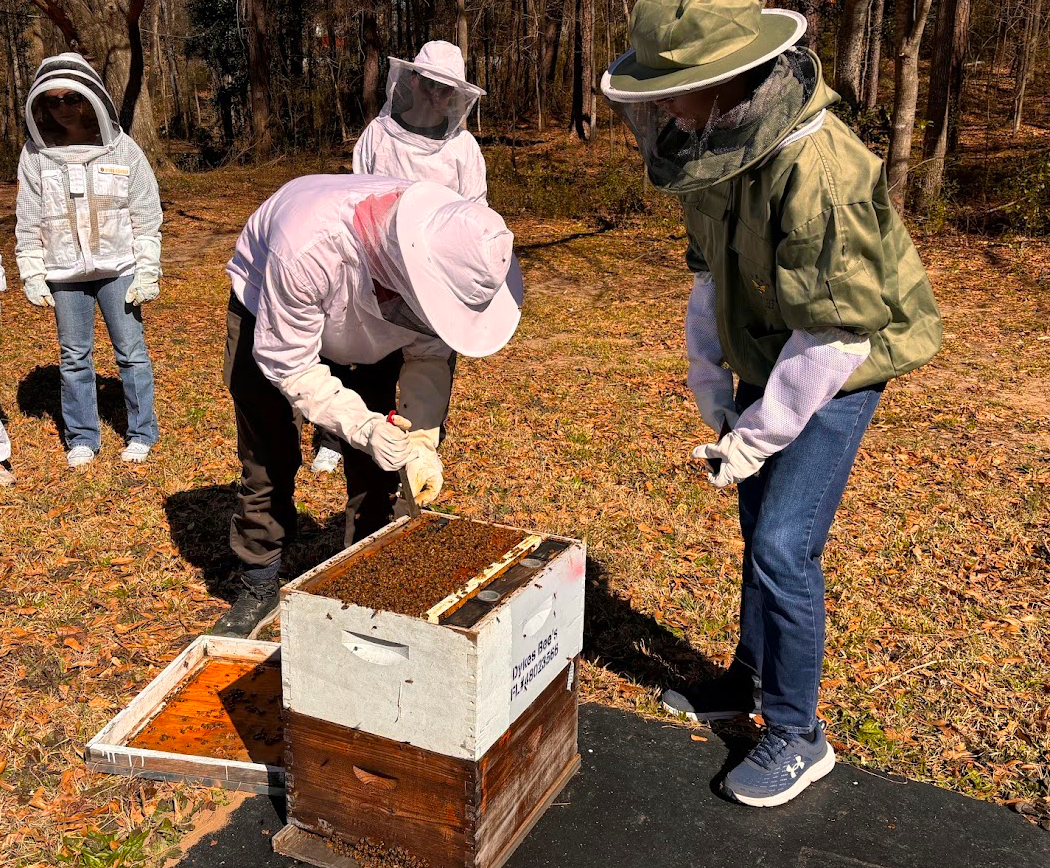You’re walking through the forest when you come across two teenagers and their band teacher. The teacher screams in pain, holding his leg that is caught in a bear trap. You calmly assess the situation. There are groans and moans around you.
You look. There are zombies, half decomposing, staggering toward you. You try to open the trap, but it’s been tampered with. Frantically looking around, you hear the moans getting closer. You’re quickly running out of time. The teacher panics, twisting in the trap. You have a choice to make. You could leave him to the zombies, or you could save him. You have an ax, but you know it won’t be able to cut through the trap. There’s not much time. You have a choice to make.
Choice has increasingly become a staple in many video games. Often, players have to deal with positive and negative choices, with their decision aligning them either the hero or villain on an in-game karma scale. Every so often a video game will force players to make hard choices that are morally gray. Telltale Games makes its living off of catering to such experiences.
Throughout its game“The Walking Dead,” players are supposed to make increasingly difficult choices in order to survive the harsh apocalyptic lands filled with zombies. During the first season of five two-hour installments, players are cast as Lee, a convict saved from his sentence by said apocalypse, as he tries to make the best decisions to keep himself and Clementine, a little girl in his care, alive.
Over the course of the five episodes, player choices become increasingly hard to make as often the very lives of their companions hang in the balance. The first season ends on a particularly poignant note of one final choice that drives home the theme of the previous episodes. With the second episode of season two coming out shortly, Telltale has also turned its attention to other genres such as mystery and fantasy.
Telltale’s focus on the choices the characters make connects each game. Its characters offer both shades of the noble hero or inner darkness depending on the choices the players make. Other characters will judge your actions, and their view of you will change based upon the choices you’ve made. For some players, certain characters might be a friend, while for others, these same characters might lash out angrily.
While these choices ultimately don’t change the key moments of the game like some may expect, the choices players make allow them to forge a unique character and playthrough that reflects their psyche.








